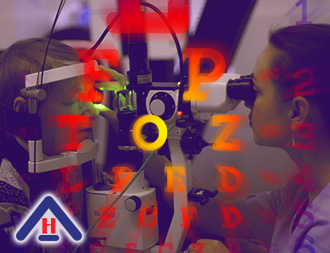The Importance of Vaccinations for Seniors: Promoting Health and Well-being
By: Rosemarie Tamunday Casanova — RN, BSN, MHA
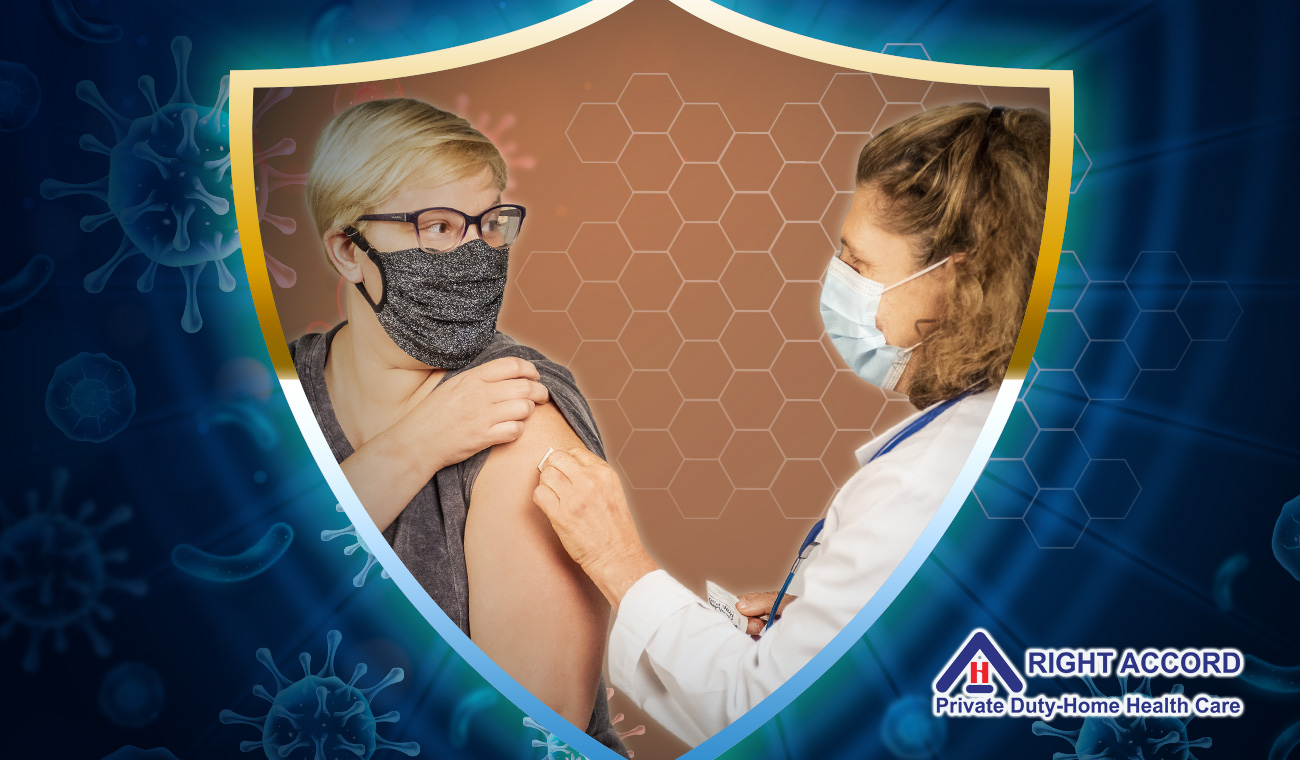
In an age where medical advancements have revolutionized healthcare, it is crucial not to overlook the importance of vaccinations for seniors.
As we age, our immune system weakens, making us more susceptible to various illnesses and diseases. Vaccinations play a vital role in safeguarding the health and well-being of senior citizens, providing them with the necessary protection against potentially life-threatening conditions.
From influenza to pneumonia, shingles to tetanus, these vaccinations can prevent and even eradicate diseases that can have severe consequences for older adults. Moreover, by getting vaccinated, seniors not only protect themselves but also contribute to the overall health of their communities by reducing the spread of infectious diseases. This article aims to shed light on the significance of vaccinations for seniors, exploring the benefits, common misconceptions, and encouraging seniors and their loved ones to prioritize vaccination as a proactive step towards a healthier and more vibrant life.
Understanding the immune system in seniors

As we age, our immune system undergoes changes that can impact its ability to fight off infections and diseases. The immune response becomes less efficient, making older adults more susceptible to infections and less responsive to vaccinations.
This decline in immune function, often referred to as immunosenescence, can lead to increased vulnerability to various diseases, including respiratory infections, influenza, and pneumonia.
Additionally, chronic conditions such as diabetes, heart disease, and cancer, which are more prevalent in the senior population, can further weaken the immune system, making it even more important for seniors to receive the necessary vaccinations. By understanding the changes that occur in the immune system with age, healthcare professionals can tailor vaccination recommendations to address the specific needs of older adults, ensuring that they receive the appropriate protection against vaccine-preventable diseases.
Common vaccine-preventable diseases in seniors
Vaccine-preventable diseases can have severe consequences for seniors, leading to hospitalizations, complications, and even death. Among the most common vaccine-preventable diseases in this population are influenza, pneumonia, shingles, and tetanus.
Influenza
Influenza, or the flu, is a highly contagious respiratory illness that can cause serious complications, especially in seniors. Vaccination against influenza is recommended annually for individuals aged 65 and older. The flu vaccine not only helps protect seniors from the potentially severe effects of the virus but also reduces the risk of hospitalization and death.
Pneumonia
Pneumonia, another respiratory infection, is a leading cause of hospitalizations among seniors. Vaccination against pneumonia, specifically pneumococcal pneumonia, is recommended for adults aged 65 and older. The pneumonia vaccine can provide protection against the most common strains of bacteria that cause pneumonia, reducing the risk of infection and its complications.
Shingles
Shingles, caused by the varicella-zoster virus, is a painful rash that can have long-lasting effects, including chronic pain. Seniors are at an increased risk of developing shingles, and the risk of complications, such as postherpetic neuralgia, also increases with age. Vaccination against shingles is recommended for individuals aged 50 and older, providing protection against the virus and reducing the risk of shingles and its associated complications.
Tetanus
Tetanus, a bacterial infection that affects the nervous system, can cause severe muscle stiffness and spasms. While tetanus can affect individuals of any age, seniors may be more susceptible due to age-related changes in the immune system. Vaccination against tetanus, typically administered as part of a combination vaccine called Tdap, is recommended for adults aged 65 and older. By ensuring they are up to date with their tetanus vaccination, seniors can protect themselves from this potentially life-threatening infection.
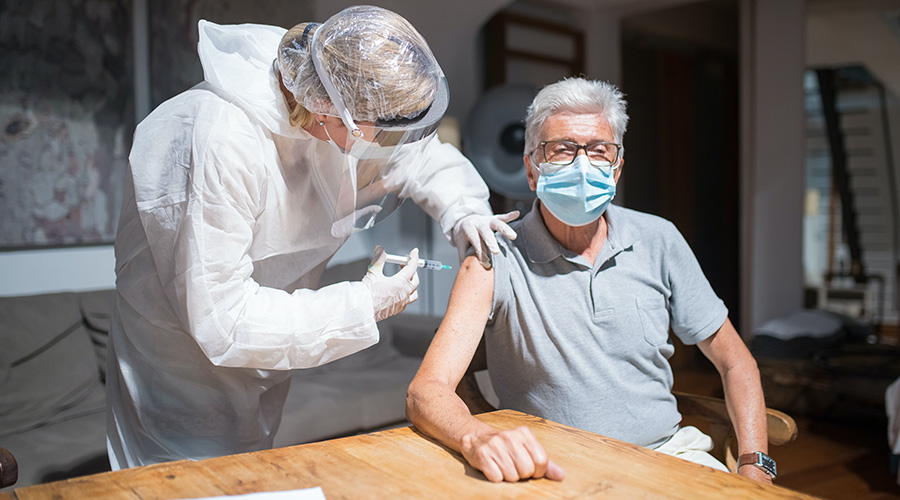
Benefits and importance of vaccinations for seniors
The benefits of vaccinations for seniors are numerous and far-reaching. By receiving the appropriate vaccines, older adults can significantly reduce their risk of developing vaccine-preventable diseases and their associated complications. Vaccinations not only protect seniors from potentially life-threatening infections but also improve their overall quality of life by reducing the burden of illness, hospitalizations, and long-term disability.
In addition to the individual benefits, vaccinations for seniors have broader public health implications. By getting vaccinated, seniors contribute to herd immunity, which is the indirect protection of vulnerable individuals in a community. Vaccination helps to reduce the spread of infectious diseases, protecting not only seniors but also younger individuals, pregnant women, and those with compromised immune systems who may be more susceptible to severe illness.
Furthermore, vaccines have been instrumental in the eradication or substantial reduction of certain diseases. For example, the smallpox vaccine led to the eradication of smallpox, and efforts are being made to eliminate polio globally. By continuing to prioritize vaccinations for seniors, we can work towards the elimination of more vaccine-preventable diseases, improving global health outcomes for all age groups.
Vaccination recommendations for seniors
To ensure optimal protection against vaccine-preventable diseases, it is important for seniors to stay up to date with their vaccinations. The Centers for Disease Control and Prevention (CDC) and other healthcare organizations provide specific vaccination recommendations for older adults.
- The annual influenza vaccine is recommended for all seniors aged 65 and older. This vaccine protects against the most prevalent strains of the flu virus for the given season and should be received annually due to the ever-changing nature of the influenza virus.
- Pneumococcal vaccination is also recommended for seniors. The CDC recommends that adults aged 65 and older receive both the pneumococcal conjugate vaccine (PCV13) and the pneumococcal polysaccharide vaccine (PPSV23). These vaccines provide protection against different strains of the bacteria that cause pneumonia, reducing the risk of infection and its complications.
- The shingles vaccine, known as the herpes zoster vaccine, is recommended for individuals aged 50 and older. The CDC recommends that adults aged 50 to 59 receive the two-dose Shingrix vaccine series, while those aged 60 and older can receive either the two-dose Shingrix series or the single-dose Zostavax vaccine.
Additionally, seniors should ensure they are up to date with their tetanus vaccination. The CDC recommends that adults receive a tetanus, diphtheria, and pertussis (Tdap) vaccine at least once in their lifetime, followed by a tetanus and diphtheria (Td) booster every 10 years.
It is important for seniors to consult with their healthcare providers to determine their specific vaccination needs and to develop a personalized vaccination plan based on their individual health status and risk factors.
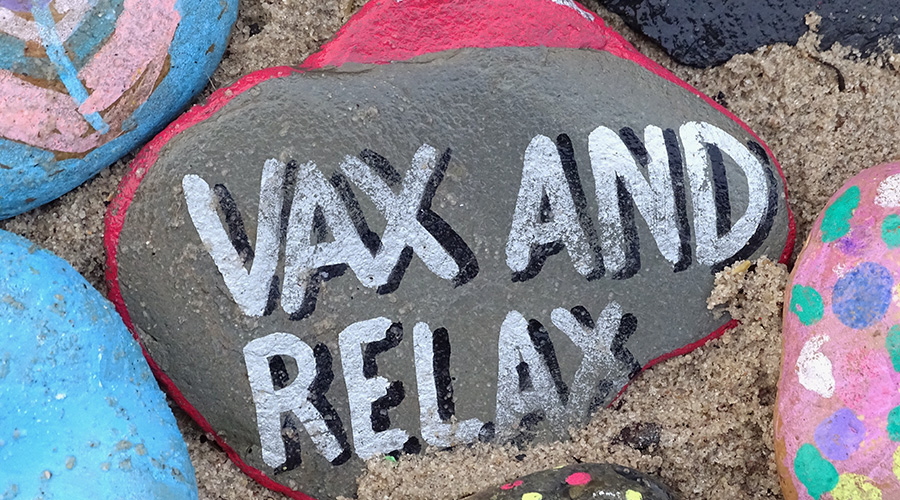
Addressing vaccine hesitancy in seniors
Despite the well-established benefits of vaccinations, vaccine hesitancy remains a challenge, even among seniors. Vaccine hesitancy refers to the delay in acceptance or refusal of vaccines despite the availability of vaccination services.
There are several reasons why seniors may be hesitant to receive vaccinations. Some common concerns include fears about vaccine safety, misconceptions about vaccine effectiveness, and a lack of awareness about the importance of vaccinations for older adults. Additionally, seniors may have had negative experiences with vaccines in the past or may be influenced by misinformation spread through social media or other sources.
To address vaccine hesitancy among seniors, it is crucial to provide accurate and evidence-based information about vaccines. Healthcare professionals play a key role in educating seniors and their families about the benefits and safety of vaccines, addressing any concerns or misconceptions they may have. Open and honest communication, tailored to the individual's specific concerns and needs, can help alleviate fears and increase vaccine acceptance among seniors.
Furthermore, community education initiatives, public health campaigns, and targeted outreach efforts can raise awareness about the importance of vaccinations for seniors. These efforts can help dispel myths, provide reliable information, and encourage seniors to prioritize their health by getting vaccinated.
Access to vaccinations for seniors
Ensuring access to vaccinations is essential for promoting vaccine uptake among seniors. Accessibility can be influenced by various factors, including geographic location, socioeconomic status, and healthcare disparities. To overcome these barriers, it is important to implement strategies that improve access to vaccinations for seniors.
One approach is to increase the availability of vaccines in various healthcare settings, including doctor's offices, pharmacies, and community clinics. By expanding the range of locations where vaccines are offered, seniors can have easier access to vaccinations, regardless of their proximity to healthcare facilities.
Additionally, outreach programs can be implemented to bring vaccinations directly to seniors, particularly those who may face difficulties in accessing healthcare services. Mobile vaccination clinics, home visits by healthcare providers, and community-based vaccination campaigns can help reach vulnerable seniors who may be homebound, have limited mobility, or lack transportation.
Collaboration between healthcare providers, community organizations, and public health agencies is essential to ensure that vaccination services are accessible, affordable, and convenient for seniors. By working together, these stakeholders can identify and address barriers to access, develop targeted interventions, and promote equitable vaccine distribution for seniors.
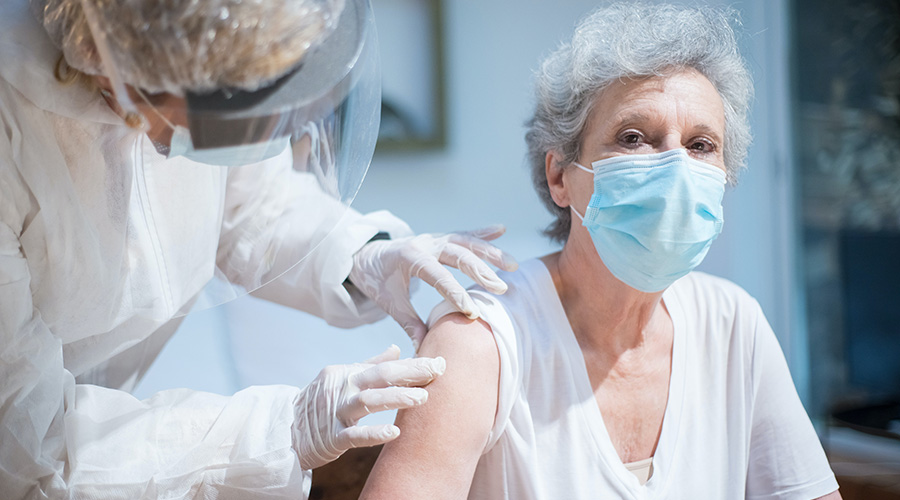
Promoting vaccinations in senior care facilities
Senior care facilities, including nursing homes and assisted living communities, play a critical role in protecting the health of their residents. Due to the close living quarters and shared spaces in these facilities, the risk of infectious disease outbreaks is heightened. Vaccination programs within senior care facilities are essential for preventing the spread of vaccine-preventable diseases among residents and staff.
Senior care facilities should implement comprehensive vaccination policies that include routine vaccination assessments, education for residents and staff, and opportunities for on-site vaccination administration. By making vaccinations a priority and incorporating them into the facility's standard practices, senior care facilities can create a culture of vaccination that promotes the health and well-being of their residents.
Furthermore, healthcare providers who serve seniors in these facilities should actively engage with staff and residents, addressing any concerns or misconceptions about vaccinations. By fostering a collaborative and supportive environment, healthcare providers can help overcome vaccine hesitancy and ensure that seniors in care facilities are informed and empowered to make decisions regarding their health.
Role of healthcare providers in promoting vaccinations for seniors
Healthcare providers play a crucial role in promoting vaccinations for seniors. They are at the forefront of vaccine delivery, providing education, counseling, and administering vaccines to their patients. By actively promoting and advocating for vaccinations, healthcare providers can help ensure that seniors receive the necessary protection against vaccine-preventable diseases.
Effective communication is key to addressing vaccine hesitancy and increasing vaccine acceptance among seniors. Healthcare providers should engage in open and non-judgmental conversations with their senior patients, addressing their concerns, providing accurate information, and emphasizing the benefits and safety of vaccinations. Taking the time to listen to their patients' questions and concerns can help build trust and encourage vaccine uptake.
Furthermore, healthcare providers should stay informed about the latest vaccination recommendations for seniors and be proactive in offering vaccinations to their eligible patients. Implementing reminder systems, such as electronic health record alerts or postcard reminders, can help ensure that seniors are notified when they are due for vaccinations.
Continuing education and training for healthcare providers are also essential to ensure that they are equipped with the knowledge and skills necessary to address the unique vaccination needs of seniors. By staying up to date with the latest research and best practices, healthcare providers can provide the highest quality care and support for their senior patients.
Conclusion: The impact of vaccinations on senior health and well-being
Vaccinations play a crucial role in promoting the health and well-being of seniors. As we age, our immune system weakens, making us more vulnerable to infections and diseases. Vaccines provide the necessary protection against vaccine-preventable diseases, reducing the risk of complications, hospitalizations, and death.
By getting vaccinated, seniors not only protect themselves but also contribute to the overall health of their communities. Vaccination helps to reduce the spread of infectious diseases, protecting vulnerable individuals who may be more susceptible to severe illness. Furthermore, vaccinations have played a significant role in the eradication or reduction of certain diseases, improving global health outcomes for all age groups.
It is essential for seniors and their loved ones to prioritize vaccinations as a proactive step towards a healthier and more vibrant life. By staying up to date with their vaccinations and addressing any concerns or misconceptions, seniors can enjoy the benefits of improved health, reduced healthcare burden, and a greater sense of well-being. Healthcare providers, community organizations, and public health agencies must work together to ensure that vaccines are accessible, affordable, and convenient for all seniors, promoting optimal health outcomes for this vulnerable population. Vaccinations for seniors are not just important; they are a vital component of a comprehensive approach to healthy aging.

